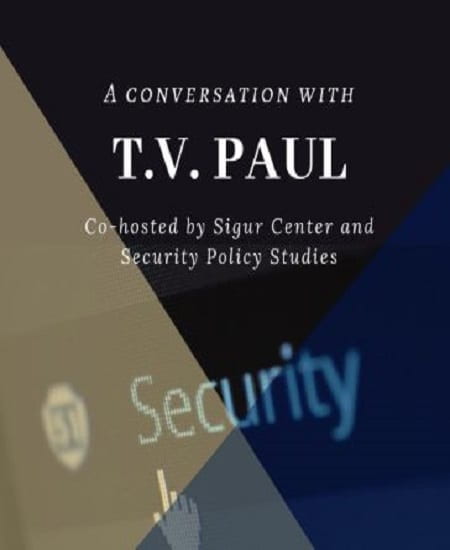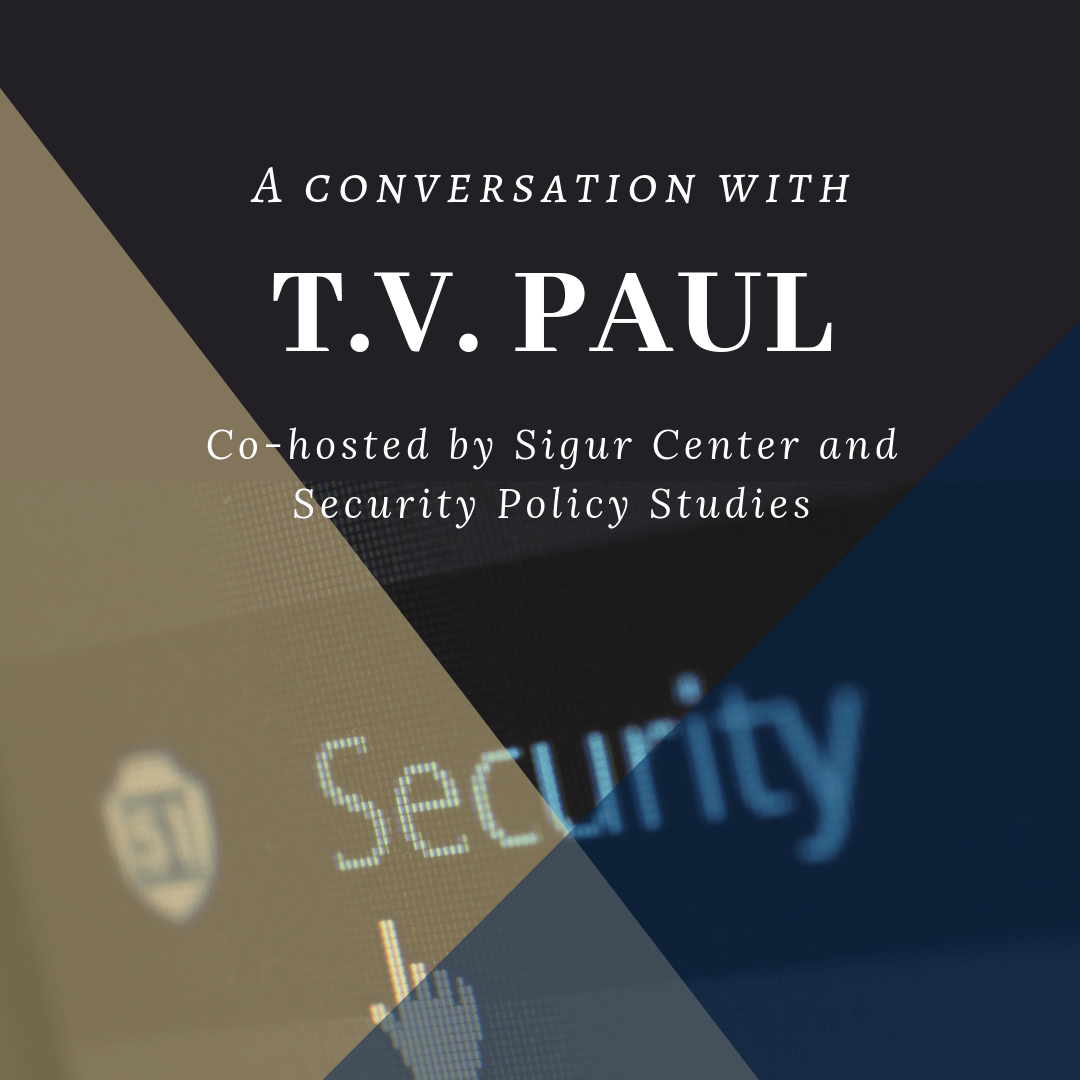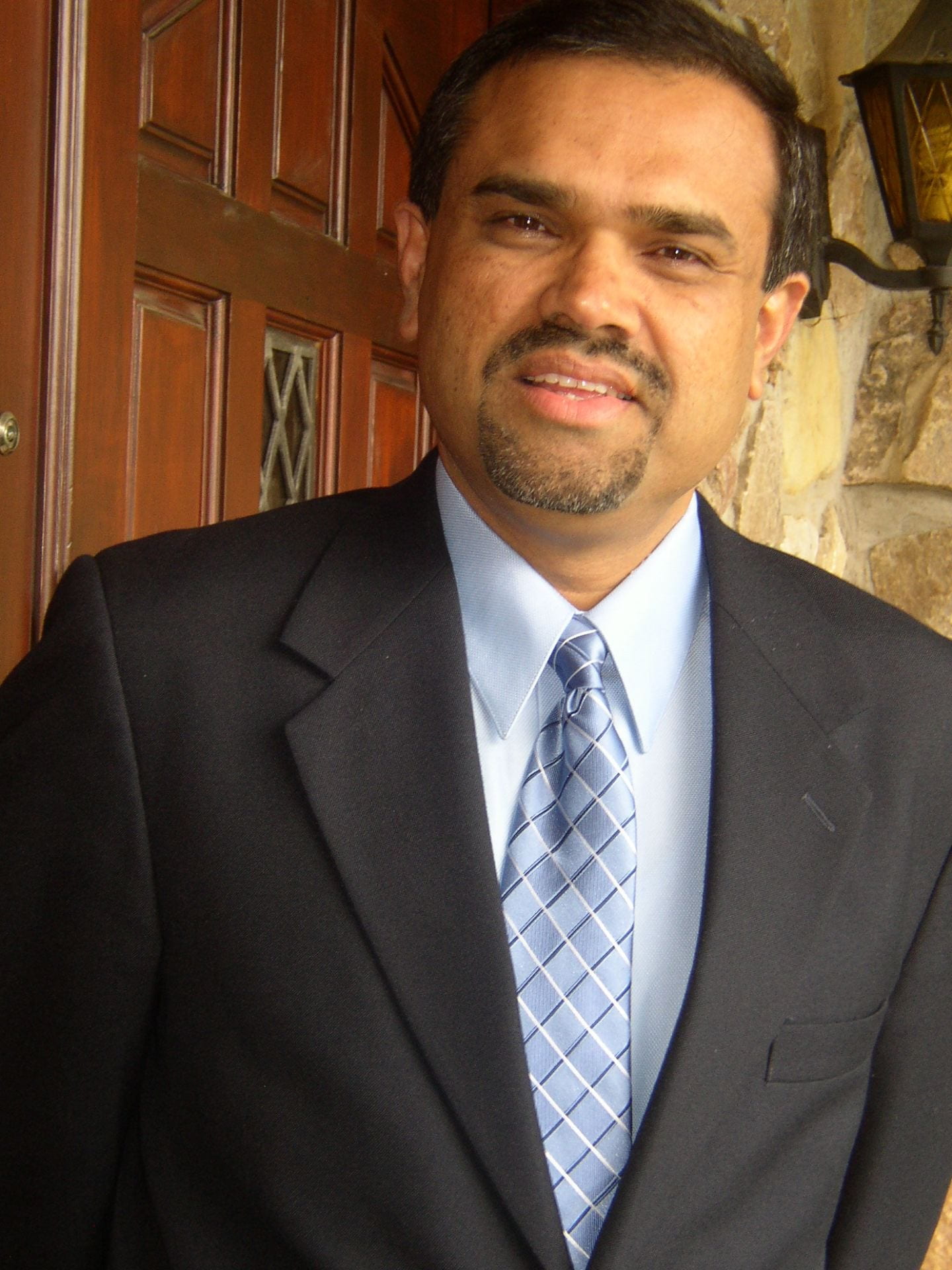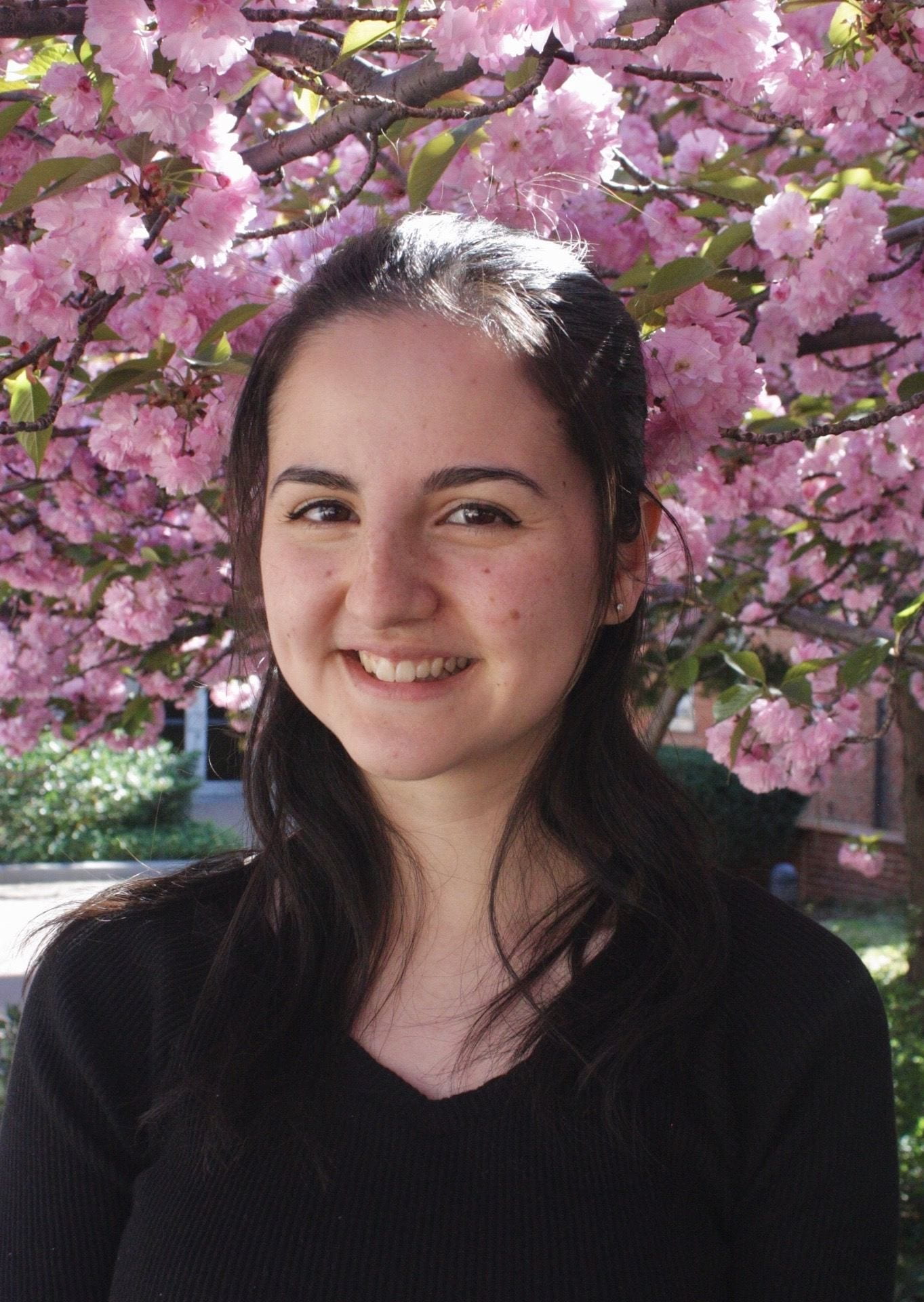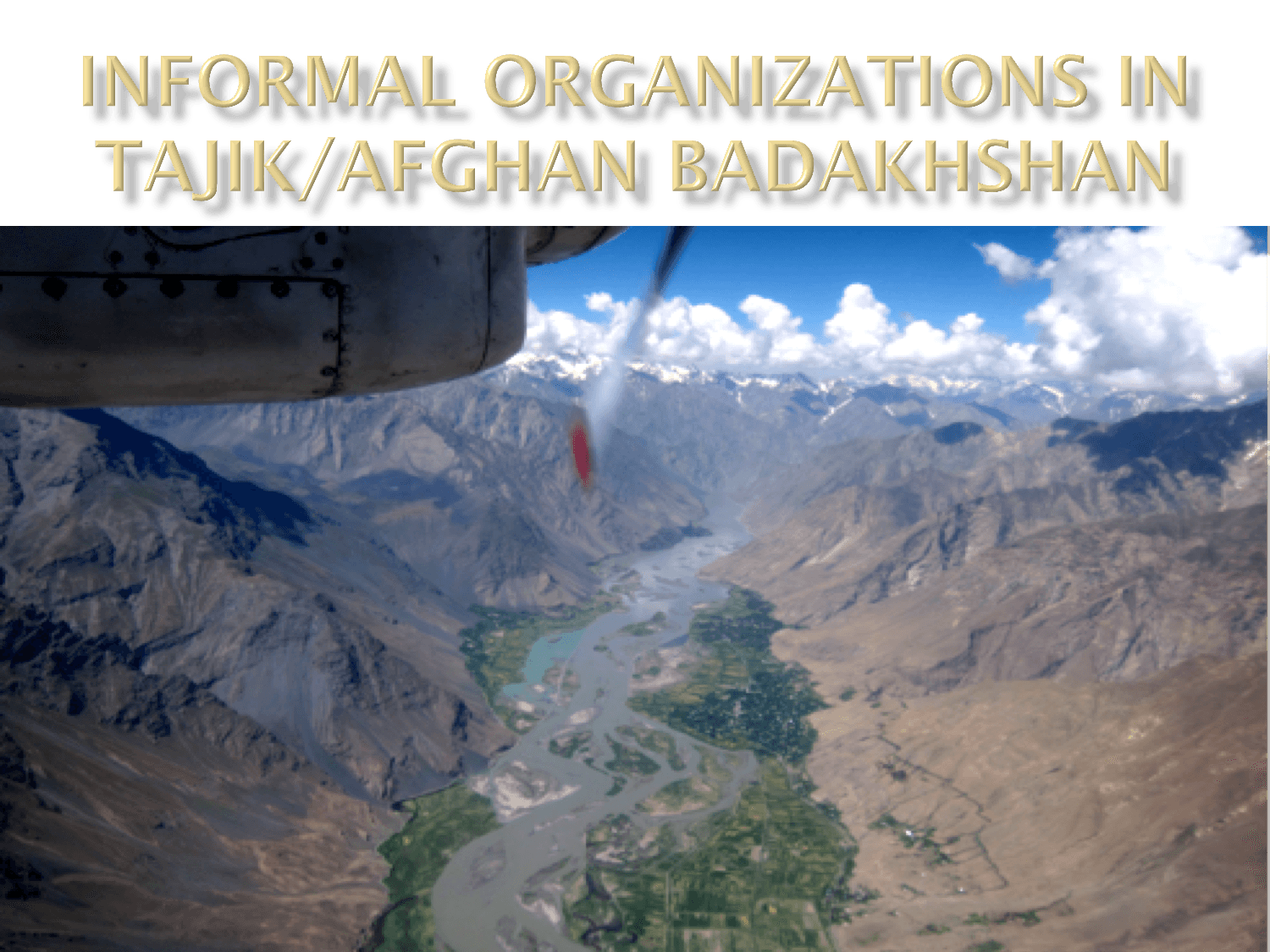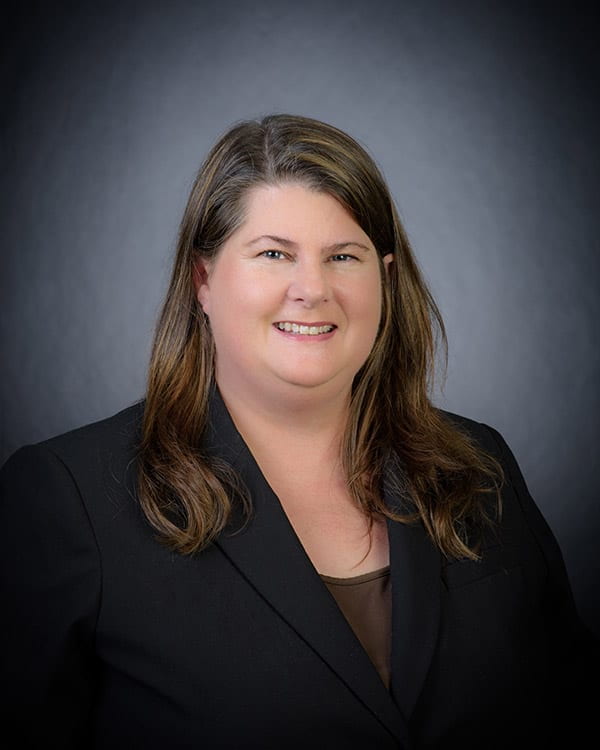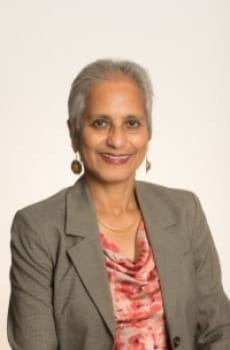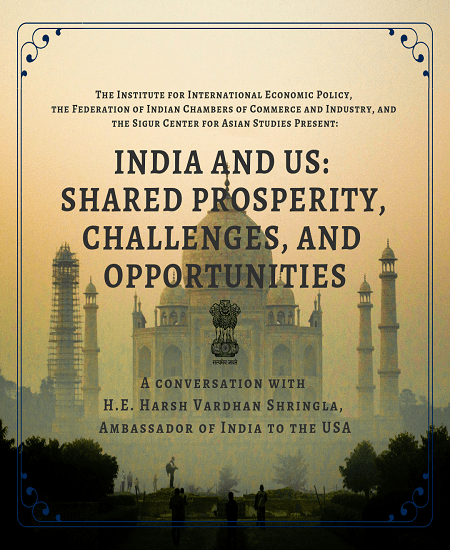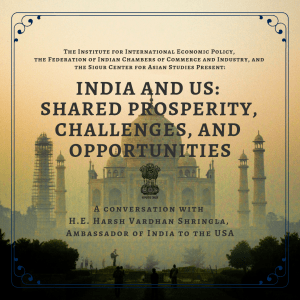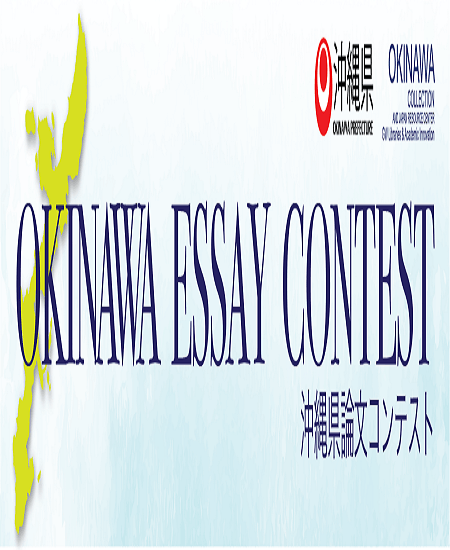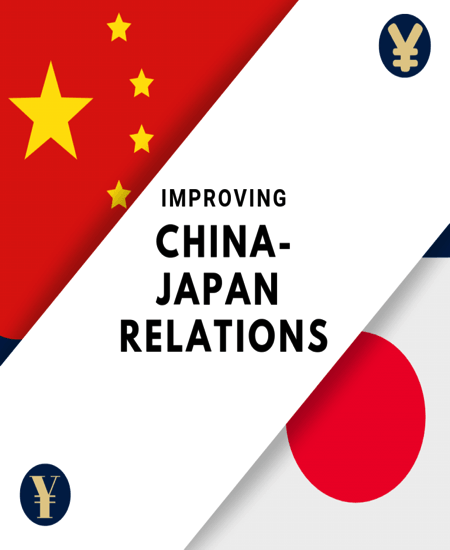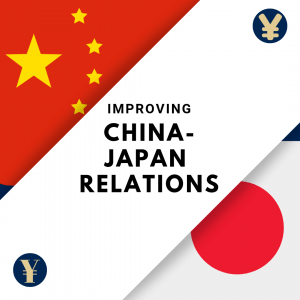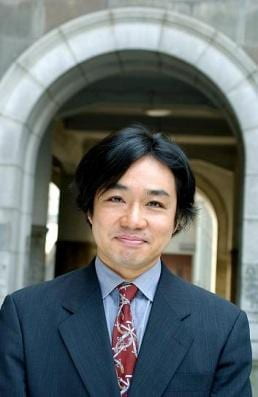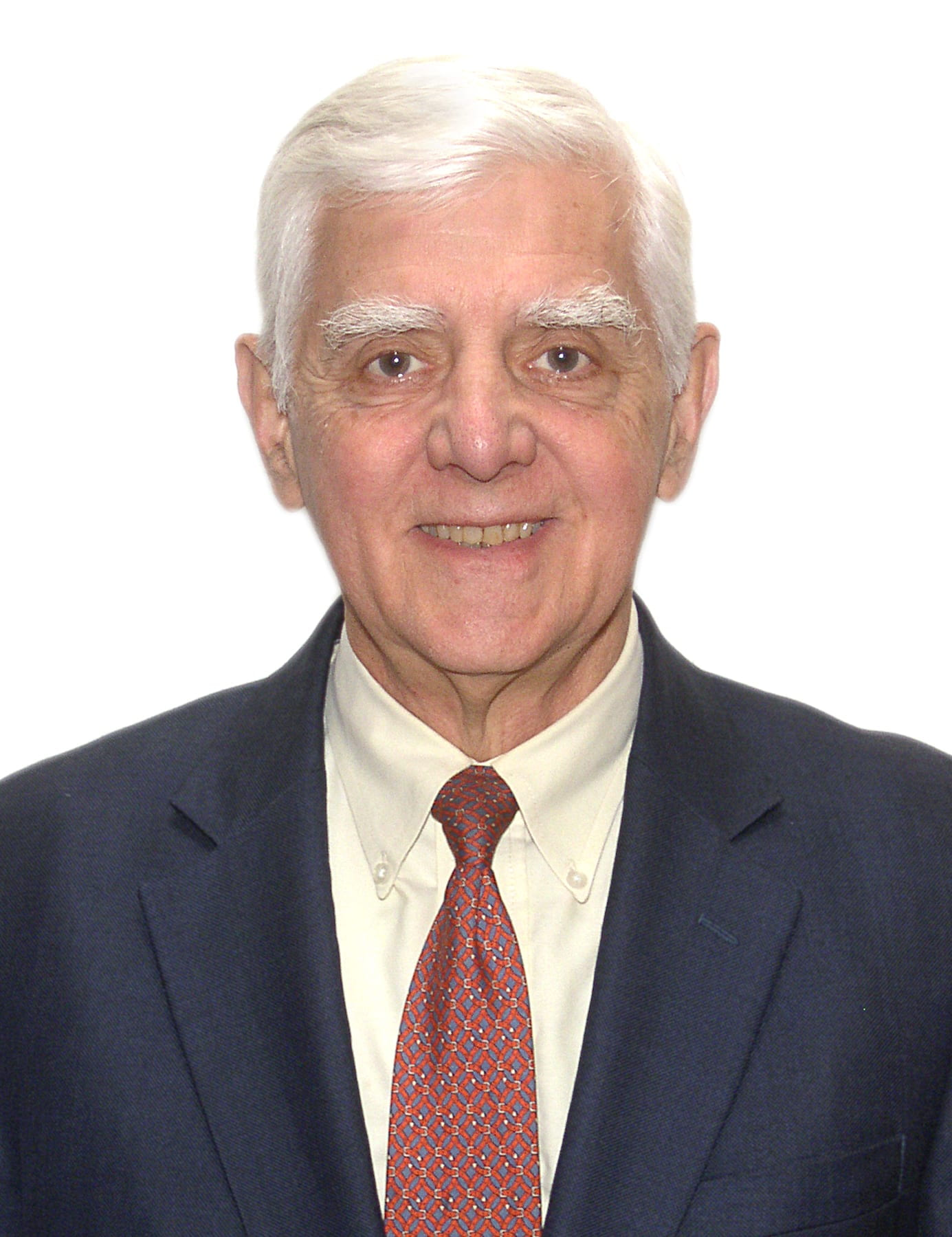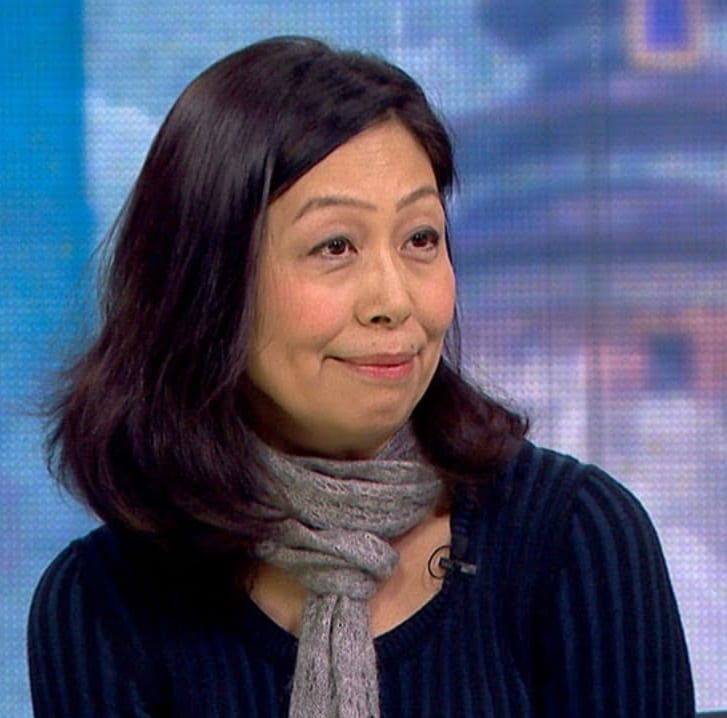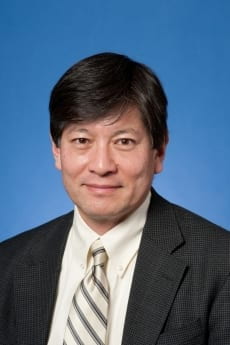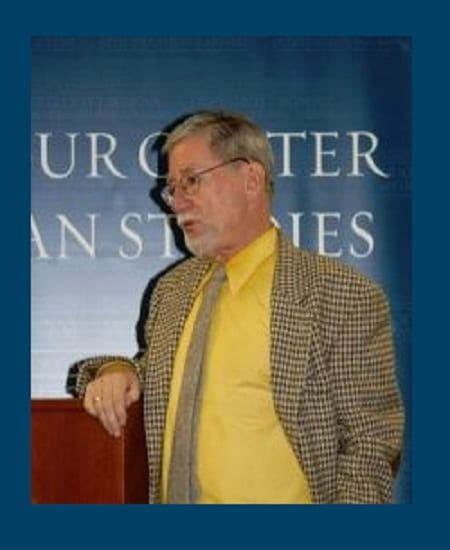Professor Janet Steele, Associate Professor of Media and Public Affairs and International Affairs, will be traveling to Australia this spring break to give talks at the University of Sydney (March 11), Australian National University (March 13), and Monah University (March 14) on the topic of “The journalisms of Islam: contending views in Muslim Southeast Asia”.
About the Talk:
What is Islamic journalism?
It depends on where you stand. In Indonesia or Malaysia, journalism and Islam can have many different faces.
At Sabili, an Indonesian Islamist magazine first established as an underground publication, journalists were hired for their ability at dakwah, or Islamic propagation. They believed that the solution to the ills of modern society lies in sharia, the law laid down in the Qur’an and Sunnah of the Prophet Mohammad in the seventh century. At Tempo on the other hand, a weekly Indonesian news magazine that was banned by the Soeharto regime and returned to print in 1998, journalists don’t talk much about sharia. Although many are pious and see their work as a manifestation of worship, the Islam they practice has been described as cosmopolitan, progressive, and even liberal. Does Islamic journalism require that reporters support an Islamic party as they do at Harakah newspaper in Malaysia? Or is it more important to practice the kind of substantial Islam promoted by the Indonesian newspaper Republika? What about Muslim journalists who work at secular news organisation such as Malaysiakini?
Journalists at these five news organisations in one of the world’s most populous Muslim regions draw upon what are arguably universal principles of journalism, but understand and explain them through the lens of what I call an Islamic idiom. What they say about the meaning of their work suggests a richness of experience that has been overlooked by both scholars and those engaged in international affairs.
About the speaker:
Janet Steele is an Associate Professor in the School of Media and Public Affairs at the George Washington University, and the director of the Institute for Public Diplomacy and Global Communication. She received her PhD in history from the Johns Hopkins University, and focuses on how culture is communicated through the mass media. Her 2005 book, Wars Within: The Story of Tempo, an Independent Magazine in Soeharto’s Indonesia, focused on Tempomagazine and its relationship to the politics and culture of New Order Indonesia. A frequent visitor to Southeast Asia, she lectures on topics ranging from the role of the press in a democratic society to specialised courses on narrative journalism. Awarded two Fulbright teaching and research grants, she has served as a State Department speaker-specialist in Indonesia, Malaysia, Vietnam, Cambodia, Brunei, the Philippines, East Timor, Taiwan, Burma, Jamaica, Sudan, Egypt, India and Bangladesh. Her most recent book, Mediating Islam, Cosmopolitan Journalisms in Muslim Southeast Asia, focuses on what she refers to as an ‘Islamic idiom’ in journalism.


